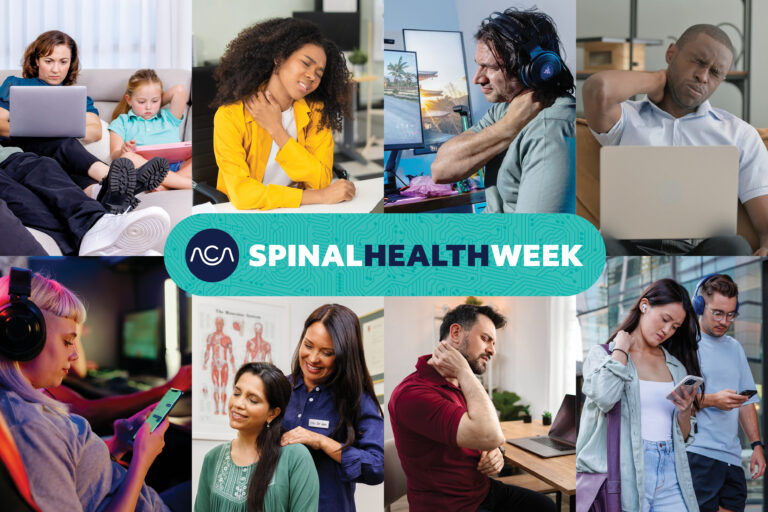Register for WorkSpace Week (21-27 October 2024)
Aimed at preventing the incidences of work-related musculoskeletal disorders (WMSDs), a wide range of government and privately owned organisations are registering their participation in national WorkSpace Week (21-27 October 2024) because WorkSpace Health is EveryBODY’s Business.
WMSDs are a range of inflammatory and degenerative conditions affecting the muscles, tendons, ligaments, joints, peripheral nerves and supporting blood vessels that may be caused by a single workspace event, but commonly result from repeated harmful workspace activities over an extended period of time.
Aligned with Safe Work Australia’s ‘Australian Work Health and Safety (WHS) Strategy 2023–2033,’ which focuses on creating safe and healthy workplaces through education and collaboration, a wide range of occupations and industries are affected by WMSDs. These disorders account for 57% of serious workers’ compensation claims, making prevention and early intervention crucial to reducing WMSDs in the workplace.
Body stressing is the most commonly reported cause of physical injury for serious workers compensation claims as a result of poorly executed lifting, pushing, pulling or bending. Prolonged sitting, computer usage (in an office or at home) and repetitive movements at work can also lead to chronic neck and back pain if not diagnosed and treated when the impact of an injury first causes discomfort.
Anyone undertaking repetitive actions, prolonged standing or sitting, lifting or pushing/pulling, computer use at home or the office, and those impacted by workplace stress, can all suffer from a range of WMSDs that, if left undiagnosed and untreated, can develop into a chronic (long-term) condition.
With prevention the best protection, ACA has developed a range of useful spinal health workspace education resources including the Stand Corrected Stretching Poster, the Ergonomic Checklist for computer users, and Factsheets for headache sufferers and workers who sit, lift, bend and stand for prolonged periods.
Workers can also download the free Straighten Up app to help improve posture, stabilise core muscle groups and help prevent spinal disability, and listen to the Consult A Chiro Podcast to learn more about how to minimise WMSDs and maximise spinal health and wellbeing.
But for those who have a pre-existing WMSD, ACA members provide chiropractic healthcare that targets the cause, not just the symptoms offering effective, low-risk, drug-free treatment for WMSDs across all professions. This approach is especially beneficial when combined with holistic, person-centered care, including exercise and stress management.
Every week, Australian chiropractors conduct over 400,000 chiropractic healthcare consultations that treat a range of spine-related health issues including WMSDs. With so many Australians seeking chiropractic healthcare weekly, ACA chiropractors play a vital role in treating WMSDs to help improve the spinal health of sufferers.
This national WorkSpace Week (21-27 October) join the many organisations across Australia to help minimise workspace injuries and reduce the impact of work-related musculoskeletal disorders. Visit workspaceweek.org.au to register your participation and access a wide range of free WMSD preventative resources including the WorkSpace Week ergonomic checklist, exercise posters, informative podcasts, factsheets and the Straighten Up app.
With so many employers becoming part of ACA’s spinal health movement and hosting a #StraightenUpAustralia Challenge (a simple three-minute exercise activity using ACA’s Straighten Up app) they’re actively promoting prevention and early intervention of WMSDs so employees can work well everywhere.
For information and to register for national WorkSpace Week, visit workspaceweek.org.au.



